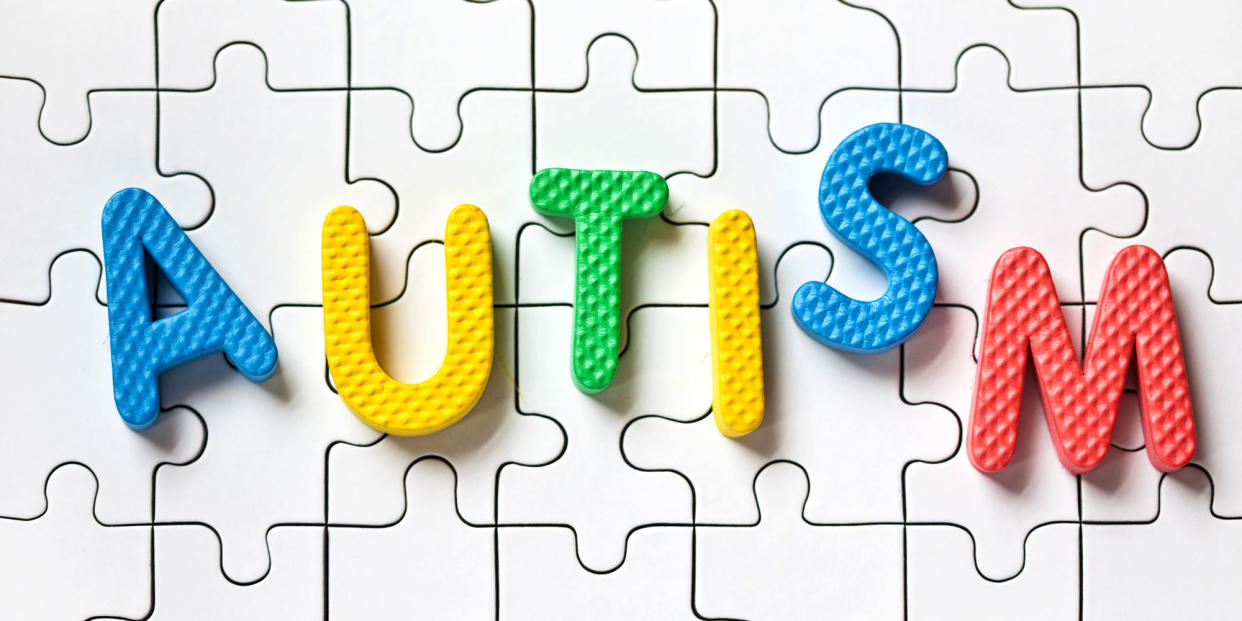Things Parents of Autistic Kids Want You to Know


Given the statistics, you or someone you know has been touched by someone with autism. Although the visibility and understanding of autism is improving, there are still countless misunderstandings, preconceived notions, and untruths about this prevalent neurological difference.
I am a mother to a young autistic child, and I have to confess that even my own understanding and misconceptions of autism have greatly shifted in the years since my son’s diagnosis. The change in my own perspective has been directly impacted by the lives, advocacy, and generosity of autistic adults - they have awoken a deeper awareness in my life and have monumentally changed the way I understand, relate to, and advocate for my child. They have highlighted my own ableism and untouched prejudices, even as a parent to an autistic kid. It’s an incomplete change, a journey that I will be on for the remainder of my life, but I am on the path.
In the spirit of that journey, there are some things I want you to know:
1. Just because a child is nonverbal doesn't mean they don't have anything to say.
For autistic people, communication is often a struggle in our very verbal world. Different sources cite different percentages, but it's estimated that 30 percent of autistic people are classified as nonverbal. But speech and verbal language is only one avenue of communication. Some autistic people type, some use sign language, some use other external tools to help them share their thoughts with the world. Autistic people have a lot to say about everything, but our society is not trained or set up for us to hear them.
2. Please don't stop inviting us to things.
Things like birthday parties, playdates, and outings to museums are often not an option for my kid. Too much sensory input, unfamiliar food, and impromptu social interactions can lead to high anxiety and meltdowns, so we'll often have to turn down your invites. But please don't stop inviting my kid! We would rather have to decline invitations than be forgotten altogether. The simple act of remembering can feel like a lifeline when we feel isolated.
3. If you know one autistic person, you know one autistic person.
While there are a few common markers of autism, being autistic is an incredibly diverse reality. Not all people are nonverbal, not all struggle with sensory input, not all have the same educational needs. It’s called a spectrum for a reason, and it’s a beautiful variety. Don’t assume that my autistic kid is the same as your family member.
4. I’m an expert on my kid. I’m not an expert on what it means to be autistic.
As parents, it’s our job to know our children inside and out, regardless if they’re neurodiverse or neurotypical. I can give you valuable insight but I can’t tell you what it’s like to live with autism. My perspective should never trump the perspectives of autistic people, ever. If you want to know what it’s like to live with autism, listen to the real experts - autistic people.
5. We’re exhausted.
The amount of work that my child has to do in order to function in a society that isn’t hospitable to his neurological difference is endless. His brain is constantly working overtime to accommodate everything from the noise and lights to social cues (things like eye contact and handshakes). He’s often exhausted. And as his parent, it’s my job to constantly advocate for our society to be more hospitable to him and people like him. That’s exhausting too. If we seem tired, it’s because we are.
6. We don’t want your unsolicited advice.
We really, really don’t. Please stop.
7. If my child weren’t autistic, he wouldn’t be himself.
Being autistic is a fundamental piece of my child’s identity. It’s how he experiences, interacts, and understands the world around him. He can’t separate himself from it, he can’t make it go away, and efforts at a “cure” only do more harm.
8. The problem isn’t that my child is autistic. The problem is that the rest of us aren’t.
There is absolutely nothing wrong with being autistic. It is a piece of the fabric of humanity. The problem is that our society is structured around and developed by people who are neurotypical, making it an inhospitable place for autistic people. The goal should not be to cure autism, but to cure the places in society that make it hard for autistic people to thrive, flourish, or even exist.
9. We don’t need awareness as much as we need acceptance.
With 1 in 68 kids being diagnosed with autism in this country, we’ve passed the point of needing awareness. What autistic people and their families need are access to services, equal rights, fair pay, more employment opportunities, affordable health care, Medicaid expansion, and quality education. Autistic people need an inclusive, welcoming society. They need acceptance.
10. I don’t need your pity.
Too often, when I explain that my son is autistic, I get a response like, “Oh, I’m so sorry.” My kid is amazing. He’s funny, gifted, kind, joyful, brilliant, and empathetic. He is the delight of our lives. Don’t be sorry, because we definitely aren’t.
Follow Nish on Twitter.
You Might Also Like

